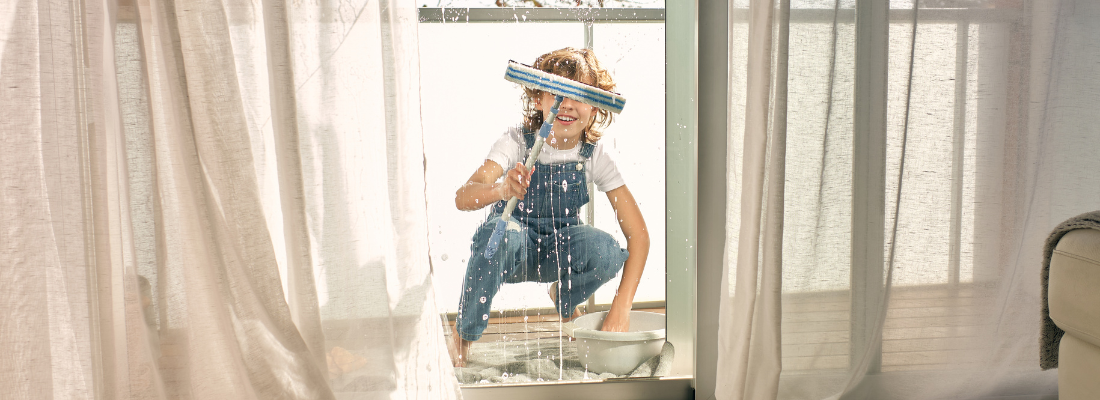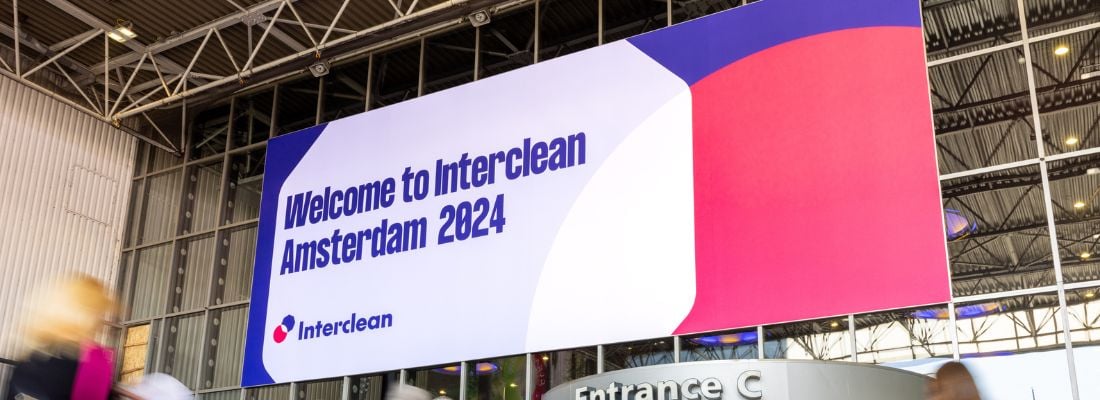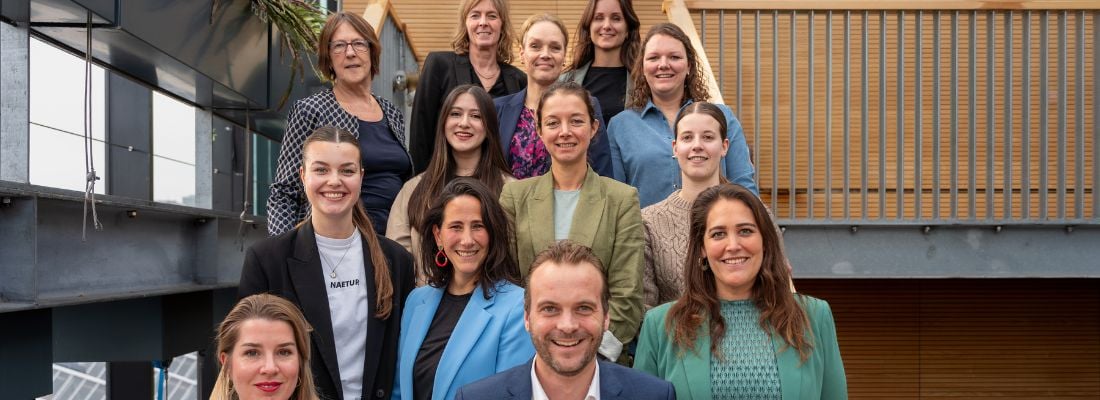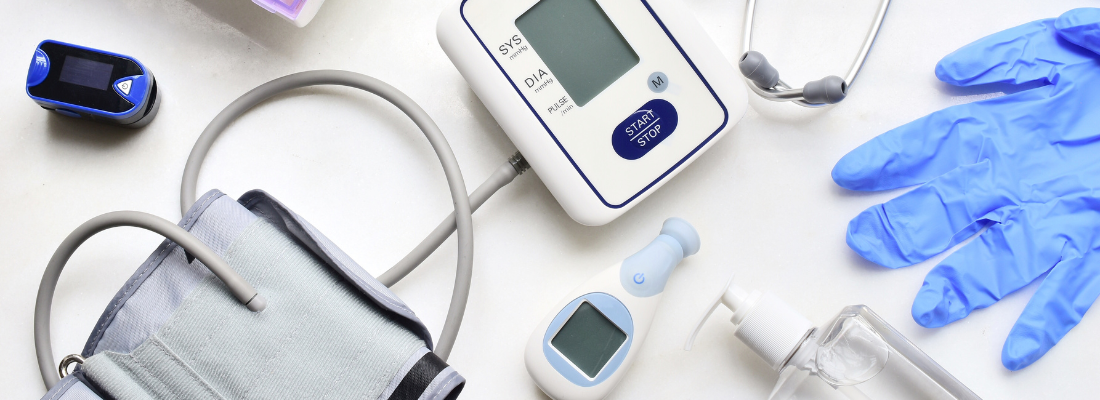Heroes of Hygiene: Staffing Challenges in Healthcare Cleaning
Healthcare facilities rely on a dedicated cleaning workforce to maintain a sterile environment. They play a critical role in preventing the spread of hospital-acquired infections (HAIs), which are a significant threat to patient safety.
However, the healthcare cleaning industry faces challenges in attracting and retaining qualified staff. This article explores the importance of a qualified workforce in healthcare cleaning, examines the recruitment and retention issues affecting the industry, and discusses how technology can be used to create a more attractive and efficient work environment.
The industry gathers at Healthcare Cleaning Forum on 16 May
For the staffing transformation to be successful it requires teamwork. Exciting opportunities such as the upcoming Healthcare Cleaning Forum (HCF) offer the opportunity to address the challenges and showcase the latest trends and advancements in the exciting field of professional healthcare cleaning.
Did you know that The HCF takes place on 16 May 2024 alongside this year’s Interclean Amsterdam show?
FIND OUT MORE ABOUT THE HCF
Infection prevention specialist Martin Kiernan about the importance of training, motivating and valuing staff
In the run up to this not to be missed event we caught up with one of the speakers at the Healthcare Cleaning Forum, infection prevention specialist Martin Kiernan (MSc), Visiting Clinical Fellow at the Richard Wells Research Centre in the UK, to explore why it’s critical to value, nurture, retain and attract skilled healthcare cleaning staff in the professional cleaning and hygiene industry. Martin will be focusing on the importance of training, motivating and valuing healthcare cleaning staff.
Let’s explore the significance of having well-trained and skilled cleaning staff:
The importance of training and education
Maintaining a clean and hygienic environment in healthcare facilities is critical for preventing the spread of HAIs. Cleaning staff play a vital role in this fight by disinfecting surfaces, removing biohazards, and ensuring proper linen management.
Beyond basic cleaning tasks, trained cleaning staff can help prevent the transmission of specific pathogens. Understanding the science behind disinfection, the proper use of personal protective equipment (PPE), and following strict protocols for handling contaminated materials are essential skills that contribute to patient safety.
“It's essential to provide good constructive feedback to healthcare cleaning staff because we want them to do the right thing, which means motivating them to do this. And that's where education and training come in as well. Thorough and consistent training gives you the knowledge on how to do a task well and will hopefully prevent any cutting of corners,”
comments Martin.
Staffing challenges
Despite the critical role they play, healthcare cleaning staff often face low wages, limited benefits, and demanding work schedules. This creates a challenging environment for recruitment and retention, leading to high turnover rates and a shortage of qualified personnel.
- Low wages and benefits: Healthcare cleaning jobs are often considered low paying compared to other sectors. Benefits like health insurance, paid leave, and retirement plans are often limited, further reducing the appeal of these positions.
- Demanding work schedules: Many healthcare facilities operate 24/7, requiring cleaning staff to work nights, weekends, and holidays. These irregular schedules can affect work-life balance and make it difficult to maintain childcare or other family commitments.
- Lack of recognition: The critical role of cleaning staff in patient safety is often not valued enough. This lack of appreciation can contribute to low morale and lead to decreased staff motivation and higher turnover rates.
According to Martin it’s vital to educate and encourage our cleaning staff. Listening forums are also very valuable. Regular feedback sessions can assist cleaning staff to voice their concerns and feel validated and appreciated.
Using technology to create a more attractive industry
Digital tools and platforms can simplify tasks, streamline communications, and provide opportunities for professional development, making the profession more appealing to potential recruits.
- Automated cleaning equipment: Investing in automated cleaning equipment like robotic floor scrubbers and UV disinfection systems can remove some of the physical demands on staff. This allows them to focus on more complex cleaning tasks and reduces the risk of injuries.
- Optimised scheduling and communication platforms: Digital tools such as mobile apps and scheduling platforms can streamline scheduling, allowing staff to access their schedules and request time off more easily.
- Training and upskilling programs: Technology can be used to deliver online training modules on disinfection protocols, cleaning techniques, and safety procedures. This improves staff knowledge, empowers them to take ownership of their roles, and increases their sense of value within the healthcare team.
- Performance management tools: Digital tools can track cleaning performance metrics, allowing for data-driven decision making and targeted training interventions. Additionally, these tools can be used to recognise and reward top performers, boosting morale and staff retention.
- Simplifying tasks: Smart cleaning technologies, like automated floor cleaning devices and sensor-based dispensing systems for disinfectants can help reduce fatigue and work-related injuries, making the job more physically manageable for staff of all ages and abilities.
- Improved communication: Digital tools can help with real-time communication between cleaning staff, supervisors, and administrators. This ensures concerns are addressed promptly and promotes a culture of teamwork.
Martin is excited about the potential for technology to increase efficiency, optimise staff deployment and identify areas for improvement.
Conclusion
Investing in the workforce: a path forward
Healthcare facilities must invest in their workforce by offering competitive wages, comprehensive benefits packages, and opportunities for career advancement. Encouraging a culture of respect and recognition for the critical role cleaning staff plays in patient safety is important to boost morale and reduce turnover. Technology can be a powerful tool for improving the lives of cleaning staff and improving the quality of healthcare cleaning services. A well-trained and valued workforce is the cornerstone of a clean and safe healthcare environment, ensuring ideal patient outcomes.
See you at the HCF!
Join us on 16 May 2024 at the Healthcare Cleaning Forum (HCF): a unique 1-day conference dedicated to advancing the crucial field of healthcare environmental hygiene. This specialised event focuses on environmental cleaning, disinfection, patient safety, and infection prevention and control.
Looking forward to seeing you at INTERCLEAN AMSTERDAM 2024!
View the HCF PROGRAMME and SPEAKERS
Share your stories with us!
Do you have an innovation or interesting news you would like to share with the professional cleaning and hygiene industry? The Interclean website and social media channels are a great platform to showcase your stories!
Please contact our press department interclean@rai.nl.
Are you an Interclean exhibitor?
Make sure you add your latest press releases to your Company Profile in the Exhibitor Portal for free exposure.
Receive the best newsletter on cleaning & hygiene - straight to your inbox!
We promise never to send you spam and you can unsubscribe at any time!





